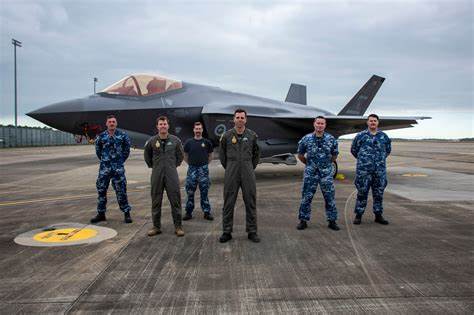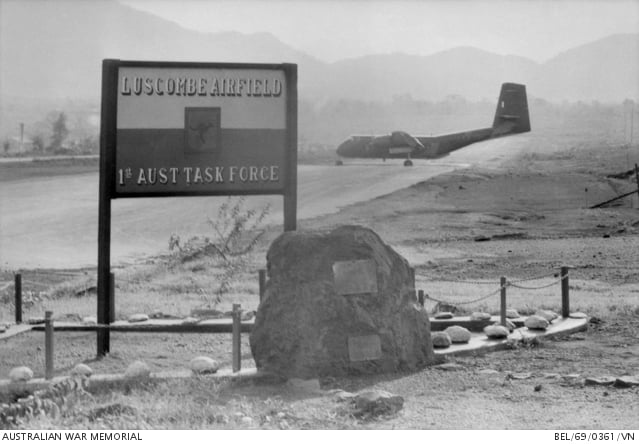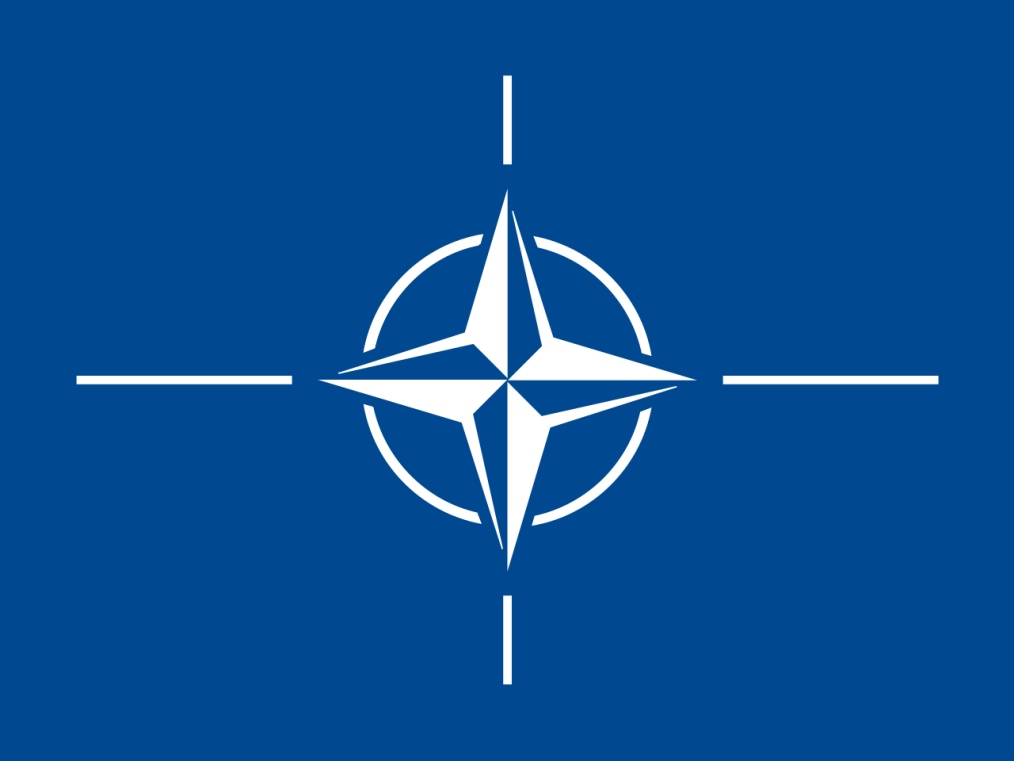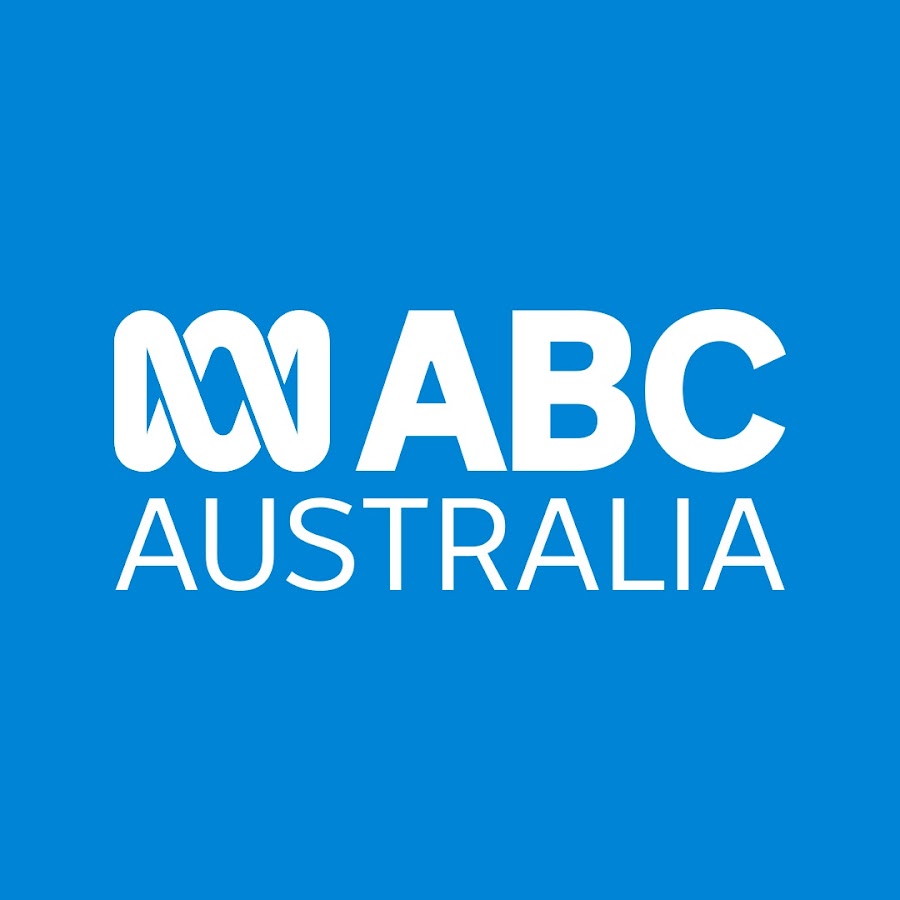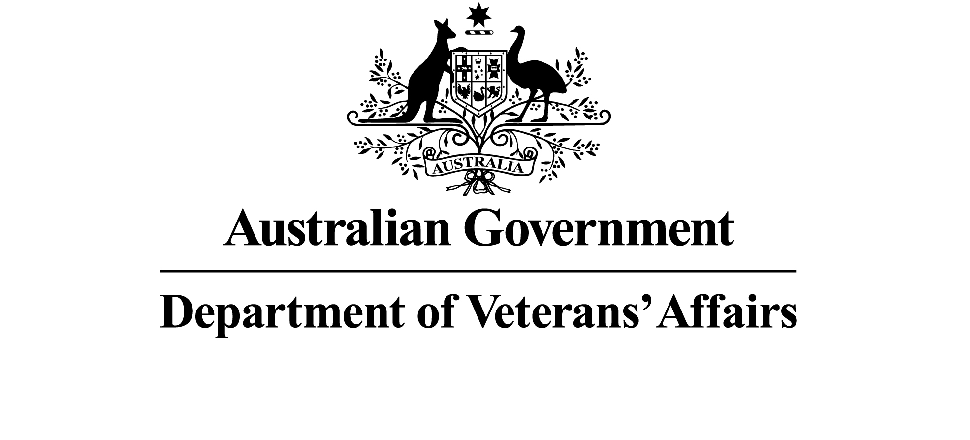High-intensity multinational training concluded at Nellis Air Force Base in Nevada, where air forces from Australia, the United States, and the United Kingdom engaged in joint exercises designed to test and enhance operational capabilities. The Royal Australian Air Force (RAAF) deployed approximately 430 personnel and 18 aircraft to participate in Exercises Red Flag Nellis 25-1 and Bamboo Eagle 25-1.
These exercises featured complex warfighting scenarios conducted across extensive training ranges and airspace in the western United States. Designed to replicate the challenges of contemporary air operations, they required aviators from all three nations to integrate their aircraft and systems to conduct joint missions effectively.
Exercise Red Flag Nellis, an annual event led by the United States Air Force since 1975, included two weeks of both day- and night-time missions within the Nevada Test and Training Range. Meanwhile, Exercise Bamboo Eagle focused on executing long-range missions in the Indo-Pacific context, testing the integration of air and multi-domain capabilities. With participation from over a hundred aircraft and thousands of personnel, Bamboo Eagle presented a uniquely large-scale and complex training environment.
The RAAF contingent featured a diverse mix of cutting-edge aircraft, including F-35A Lightning IIs, F/A-18F Super Hornets, EA-18G Growlers, and an E-7A Wedgetail. Additionally, a No. 41 Wing Tactical Command and Control Team was deployed to enhance coordination and operational effectiveness.
Australia’s involvement in these exercises aligns with its National Defence Strategy, ensuring that the RAAF remains prepared to integrate seamlessly into coalition operations. The training provided valuable experience, reinforced proven tactics, and strengthened working relationships with key allies. The collaboration between Australia, the United States, and the United Kingdom in these high-intensity scenarios underscores a shared commitment to regional and global security, particularly in the Indo-Pacific region.

